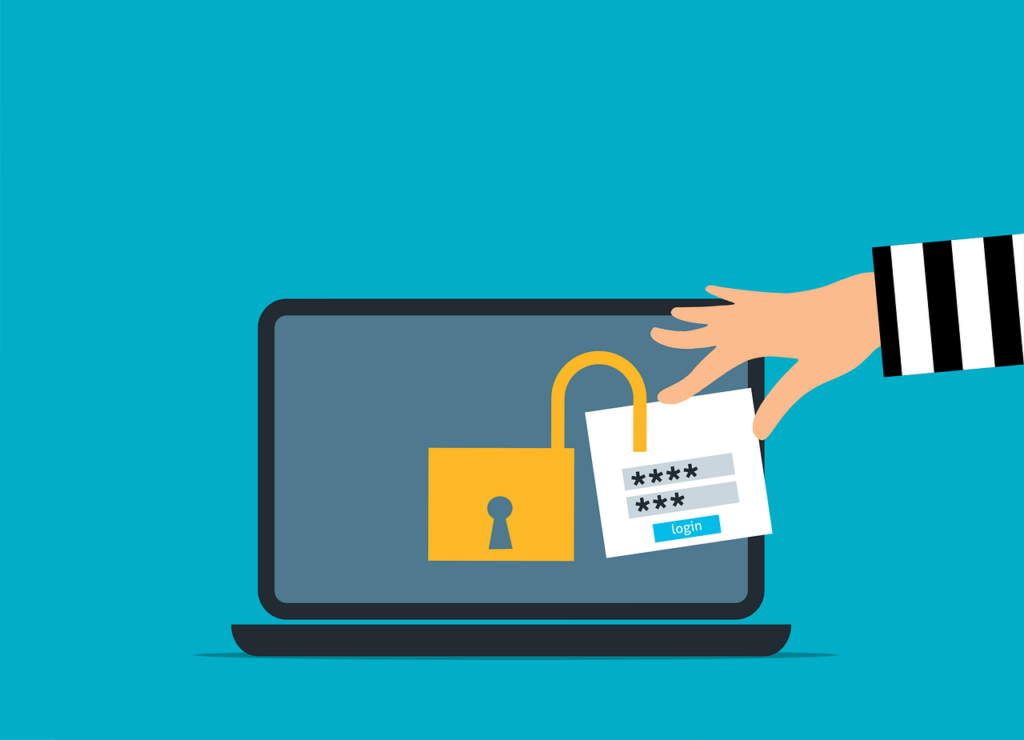In recent years, the number of scams perpetrated against small businesses has increased dramatically. Across the world, companies lose almost $50 billion every year due to small business scams and other types of scams. Among the more popular small business scams, phishing, and subscription traps, we are now sadly seeing a prevalence of scams involving masks and other types of COVID prevention items. Scams involving COVID charities have become more pronounced and, consequently, target smaller companies.
The problem with small business scams is that the companies attackers tend to go after often can’t afford to lose any money, much less money due to fraudulent and deceptive means.
The terrible thing here is that many of these crimes and cyberattacks don’t get prosecuted. The World Economic Forum put out a report that suggests only .05% of all of these crimes are prosecuted. This makes cybercrime even more attractive to those who have the means and money to get involved. They know that it is doubtful that authorities or business owners will ever catch them.
Avoiding Small Business Scams
While it may not be possible to avoid every scam or cybercrime that comes your way, taking steps to be more proactive in spotting scams can make a difference.

1. Raise awareness of small business scams among employees
Training your employees represents the best defense that you have. This may involve bringing in an expert to educate your staff on what to look for by way of small business scams and, as far as the best way to alert others that a cyberattack or fraud may be happening. You also want to drill into your employees’ heads not to send sensitive information via email. Protecting sensitive data along with passwords at all times is imperative.
2. Take time to assess email addresses and websites
While an email address may look completely legitimate, that’s the point. Hackers and cyber attackers know what they are doing, and they understand how to create sites that look 100% real. Again, here is where bringing in an expert could undoubtedly be of use.
3. Instruct everyone not to open attachments or download files
Files that you open or download can be dangerous. They may have viruses that will potentially harm your computer and the entire business network. This is perhaps one of the most popular ways that scammers have of infiltrating a company‘s systems.
4. Thoroughly vet the people that you are doing business with
Unfortunately, we live in a time when you can’t always trust everyone. When you take on a new client or partner with a new business, know everything you can about them. You could hire a professional third-party organization to help you get the information you need about this new client or company.
5. Require password changes regularly
Other than just instructing your team not to send passwords through email, you also want to require everyone to change company-related passwords regularly. Whether you have a once-a-week change, or perhaps you do this once every other week, implementing this rule will go a very long way toward helping to prevent cyberattacks and thus scams perpetrated against your company.

It comes down to being deliberate in your actions online. This is the fastest way for scammers to infiltrate you when you gloss over things or rush through them. Take your time, do research where necessary, ask questions, and ensure that those who work for you do the same.
First Union Lending Can Help
We offer small business loans for just about any industry or sector. With short-term loans, merchant cash advances, and lines of credit, among other financing types, we have a solution for you. Every loan we offer is custom-tailored to the individual client—no one size fits all approach with us. Our representatives will walk you through the process every single step of the way. And even if your credit score is less than ideal, we might still have a financing solution for you. Call today and let’s get started.
